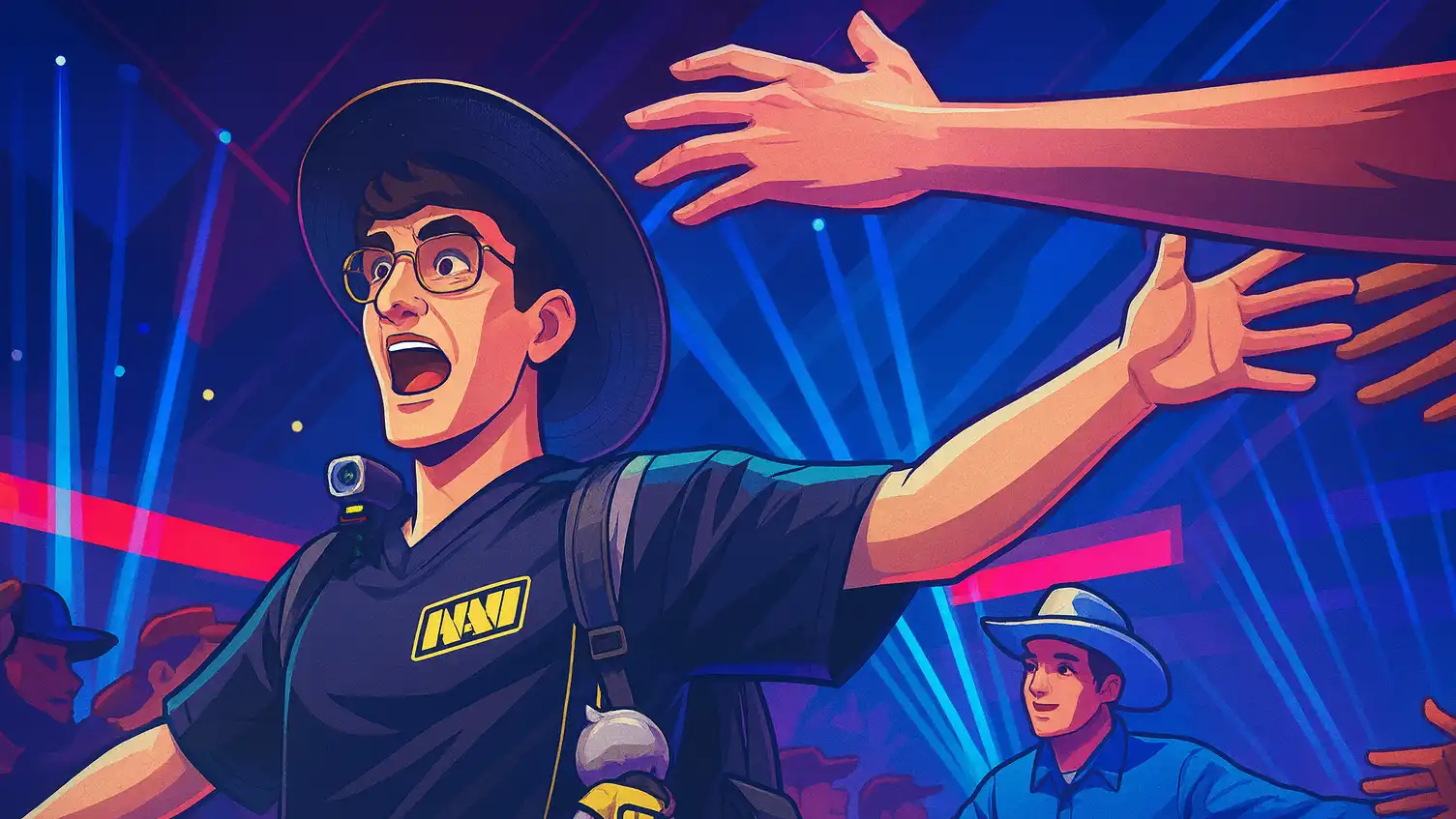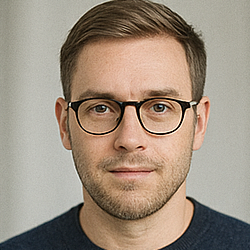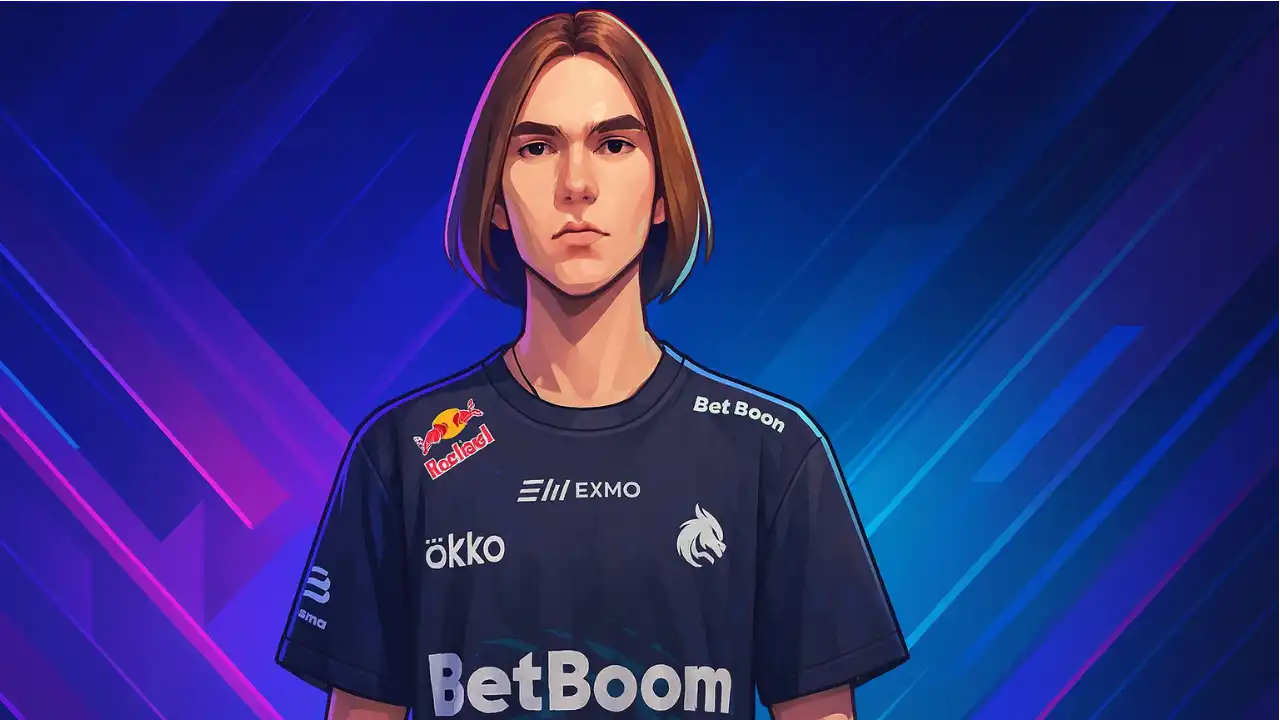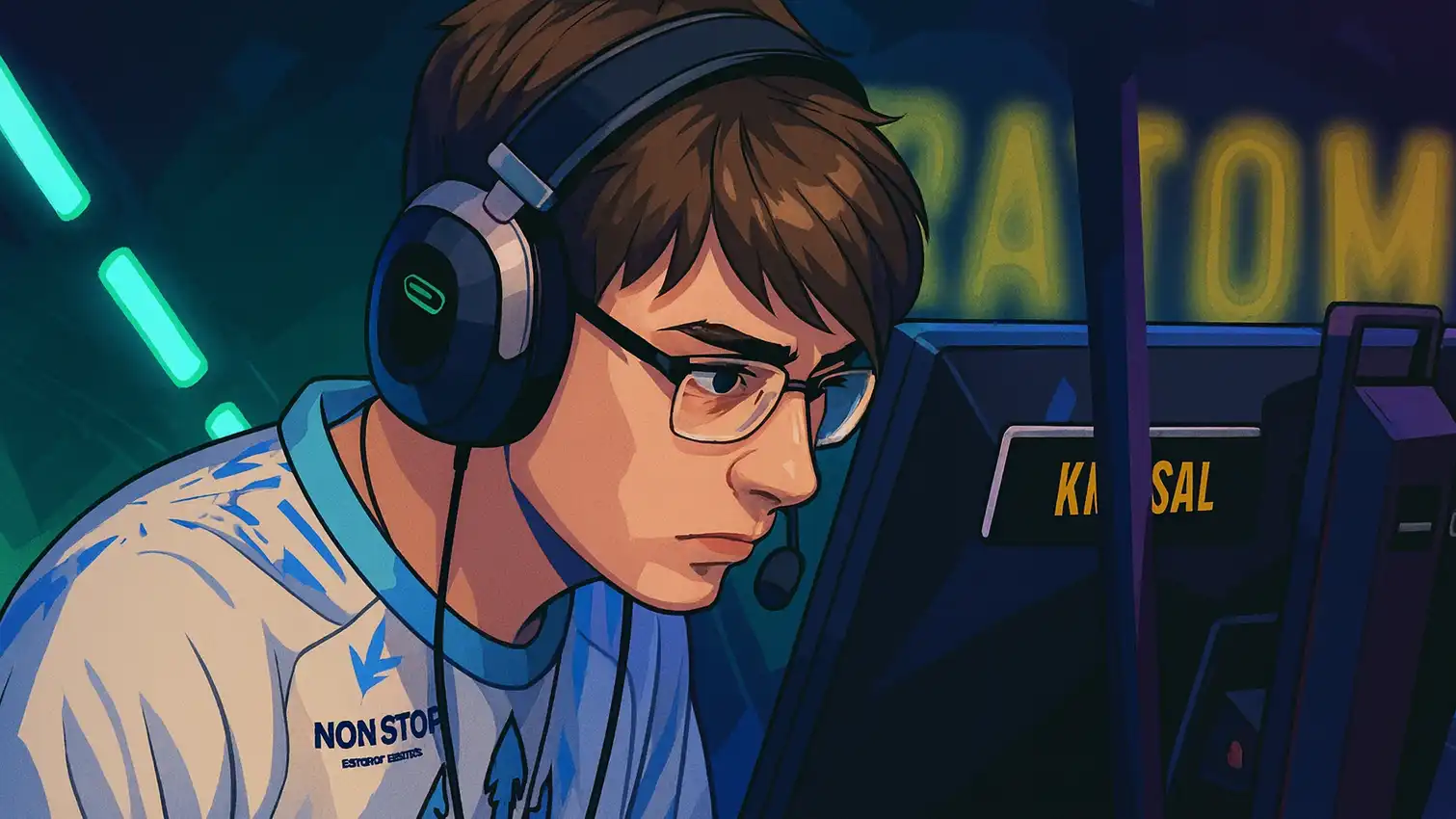“It’ll Be Way More Interesting Soon”: Evelone on Major’s Rocky First Day

Vadim “Evelone” Kazakov is watching the chaos of the StarLadder Budapest Major’s opening day very differently from most viewers.
While social media fills up with clips of broken audio, frozen cameras and interrupted matches, one of the CIS scene’s biggest co-streamers is keeping his cool — and already looking past the problems, convinced that the Major will only get “many times more interesting” once the real fight begins.
StarLadder’s messy first day
The first day of the StarLadder Budapest Major 2025 has been heavily criticised for technical issues on the official broadcast.
On the English stream, viewers spent the build-up to the first match listening only to background music: analysts and commentators were on camera but completely muted for around 20 minutes. The sound quality remained inconsistent even after it was restored, with echoes and strange mixing, while some pre-recorded interview segments were almost unintelligible because arena noise drowned out the players’ voices.
Russian outlet Taverna.gg and Cybersport.ru both highlight further issues:
-
player webcams switching on and off at random or showing the wrong players,
-
highlight packages failing to play between halves, forcing the production to cut back to silent player cams,
-
and, at times, the picture dropping out entirely during matches such as NIP vs NRG, leaving fans staring at a black screen instead of a live round.
At the venue, things were no smoother. A match between FaZe and Lynn Vision had to be paused for more than 15 minutes after the broadcast feed collapsed both in the arena and on Twitch, on top of earlier sound problems and a protest on stage by fans of Imperial.
With so many issues stacked up, local media were quick to label StarLadder’s opening day “a disastrous start” and even floated the idea that the Major could compete for the unwanted title of the weakest production in recent history if problems aren’t fixed.
Evelone shrugs off the chaos
Against this backdrop, Evelone’s reaction stood out for how relaxed it was.
Speaking on stream — a quote later transcribed by Taverna.gg — the Ukrainian creator acknowledged the mess, but immediately downplayed it:
“I understand it’s only the first stage. With these teams, if Strogo played alone it would be more interesting.”
The punchline is typical Evelone: a jab at the level of some of the opening-stage teams, mixed with praise for fellow CIS creator Ivan “StRoGo” Shurpatov, who is also covering the event. According to Taverna, Evelone described the feeling around this Major as “crazy”, but made it clear he doesn’t see the early technical fiasco as anything more than a bump in the road.
More importantly, his focus is already on later stages. The first phase in Budapest features 16 of the lowest-seeded squads in a Swiss system; only eight will survive to join the top-rated teams in Stage 2.
From Evelone’s point of view, the real storylines — title contenders clashing, favourites under pressure, elimination best-of-threes — are still ahead, and he’s confident the broadcast will be more compelling once those teams enter the server.
Why his opinion matters
Evelone’s comments carry weight far beyond a throwaway joke.
Esports Charts describes him as the leading Russian-language co-streamer by audience, calling the Ukrainian “the most-subscribed Russian-language streamer on Twitch” and noting that he frequently pulls massive numbers whenever he covers Counter-Strike events.
Co-streamers like Evelone have rapidly become central to how fans experience Majors. At recent events, independent broadcasts in Russian have accounted for more than 80% of total viewership in the language, easily outdrawing official studio streams.
That means his decision not to dwell on day-one production drama, and instead hype up future stages, can have a real impact on how the CIS audience perceives the tournament. While articles and Reddit threads slam StarLadder for “sound cosplay of PGL” and “a deaf and blind director,” Evelone is effectively telling his viewers: this is annoying, but it’s not what matters most.
Analysts: production flop, storylines still elite
Analysts and journalists covering Budapest are harsher on StarLadder than Evelone is, but many arrive at a similar conclusion about the long-term picture.
Cybersport.ru points out that, on paper, Budapest may be the most stacked Major of the year, with “five to eight rosters with roughly equal chances” to lift the trophy — a rare level of competitive parity at the top. The same piece notes that it would be “a shame” if one of the most interesting Majors in terms of team strength ended up remembered mainly for production failures.
Taverna.gg echoes that sentiment: despite ripping into StarLadder for lack of warm-up content, poor audio and a chaotic arena, the site still highlights the first day’s on-time match starts and clean, minimalistic HUD as positives, and finishes by expressing hope that the organiser will fix its problems for later rounds.
In other words, analysts are furious about day-one execution, but broadly agree that if StarLadder can stabilise the broadcast, the depth of the field should make the rest of the tournament worth watching.
Evelone’s long game
For Evelone, the Budapest Major is also part of a longer project. Over the last two years he has moved deeper into Counter-Strike, not just as a co-streamer but as an organiser of his own showmatches: events like Evelone Duo Cup and Evelone Duo Cup Season 2 feature professional players and significant prize pools, and have received coverage even on HLTV’s event pages.
That background makes his current stance easier to understand. Technical issues on day one are frustrating, but they don’t change the broader trend: co-streamers are taking a bigger slice of Major viewership every year, and a creator of Evelone’s scale benefits more from building hype around the tournament than from framing it as a disaster.
By brushing off the production mess as something that will be forgotten once the favourites enter the server, he positions himself as a guide through the noise — someone who acknowledges problems but keeps the focus on storylines, personalities and high-stakes matches.
Looking ahead
Whether StarLadder can repair its reputation over the coming weeks remains to be seen. The company has almost three weeks of tournament left to prove that the first day was an exception, not a preview.
What’s clear already is that, in the Russian-speaking scene, voices like Evelone’s will heavily shape that narrative. If the production recovers and the playoffs deliver on their promise, many viewers may remember Budapest less for scuffed audio and more for tense best-of-threes watched on their favourite co-stream.
For now, while forums roast StarLadder’s “deaf and blind” first day, Evelone is already waiting for the moment when the brackets tighten, the favourites clash and the Major finally starts to feel like the Major he and his viewers have been waiting for.





.webp)